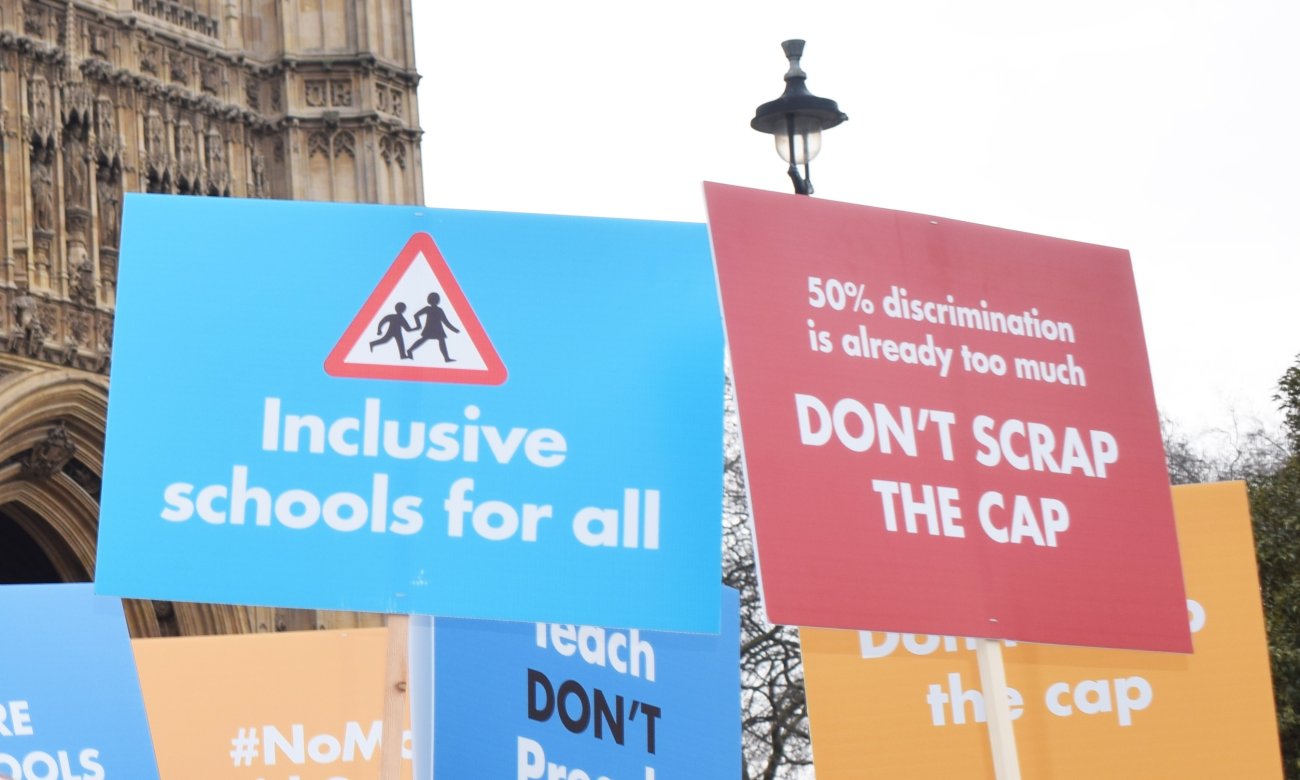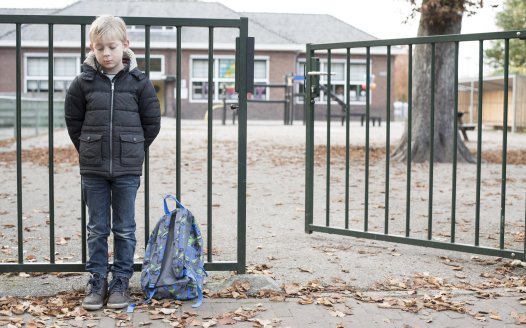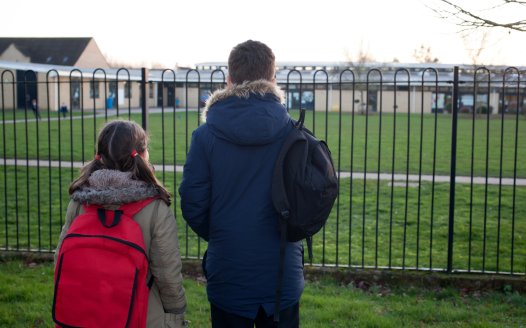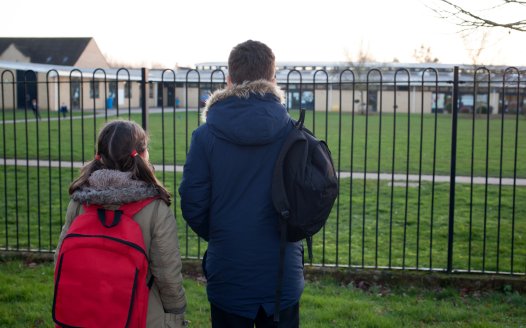NSS alarmed at plan to let new schools select all pupils based on faith
Posted: Mon, 8th Apr 2024
Faith-based academies could be free to select all pupils based on religion within months, sources say.
The National Secular Society has expressed alarm at government plans for a new wave of faith schools which can select 100% of their pupils based on religion.
Senior officials at Downing Street are considering removing the '50% cap' rule on pupil admissions at state-funded faith schools in England, according to The Times.
Under the 50% cap, new academies and free schools with a religious character may only select up to 50% of pupils based on religion when they are oversubscribed.
The NSS has warned that abolishing the cap would result in "a new wave of religiously exclusive, segregated schools" that disadvantage children most in need. Several recent reports reveal faith-based admissions are a barrier to children from low income families, children with special educational needs, and looked after children.
The demand to remove the cap comes primarily from the Catholic Church, which stepped up its lobbying against the cap last year.
The NSS is writing to Prime Minister Rishi Sunak to oppose the plans.
Sources: Cap could be scrapped before general election
Downing Street may lift the cap before Sunak calls a general election, reports suggest.
Education secretary Gillian Keegan, who is Catholic and in favour of repealing the cap, is involved in these policy discussions.
Minister for Schools Damian Hinds, also a Catholic, attempted to abolish the cap while he was Education Secretary in 2018. But the plans were defeated following protests led by the NSS.
The NSS wrote to Hinds in November urging him to keep the cap.
The Catholic Church claims that the cap is incompatible with the Church's canon law. But Catholic schools in other countries, including Ireland, cannot give entry preference to children from Catholic backgrounds.
Faith schools which are voluntary aided, or were voluntary aided before converting to an academy, are already permitted to select 100% of their admissions on the basis of religion.
Faith-based admissions criticised by UN committee
Research from the Sutton Trust published in January concluded that faith schools "are consistently more socially selective than non-religious schools". It said 19 of the top 20 most socially selective schools are faith schools, and that Catholic schools appear on average to be the most socially selective.
A paper published in October found Catholic and Church of England primary schools are less likely to admit children with special educational needs and disabilities (SEND).
And according to the annual report of the Office of the Schools Adjudicator, published last month, some local authorities say faith schools "effectively disadvantage" looked after children.
In June, the United Nations Committee on the Rights of the Child said schools in England should be prevented from using religion in selection criteria.
NSS chief executive: Scrapping the cap "obscene"
NSS chief executive Stephen Evans said: "Lifting the 50% cap on faith school admissions would be obscene. It would result in a new wave of religiously exclusive, segregated schools – all funded by taxpayers.
"Allowing schools to religiously discriminate against children is not only wrong in principle. Recent research consistently shows it disadvantages children most in need of support.
"England is more irreligious and religiously-diverse than ever, and the need for schools which bring together children from different backgrounds has never been more pressing. The government must not allow the demands of Catholic elites to take precedence over the needs of children and families. It must keep the 50% cap, and it should work to rid our state education system of religious discrimination.
"We will be speaking out against the plans to scrap the cap and encourage all families who believe in inclusive schools for all to join us."
End religious discrimination in school admissions
Our schools shouldn't select pupils based on faith. Join our campaign.









